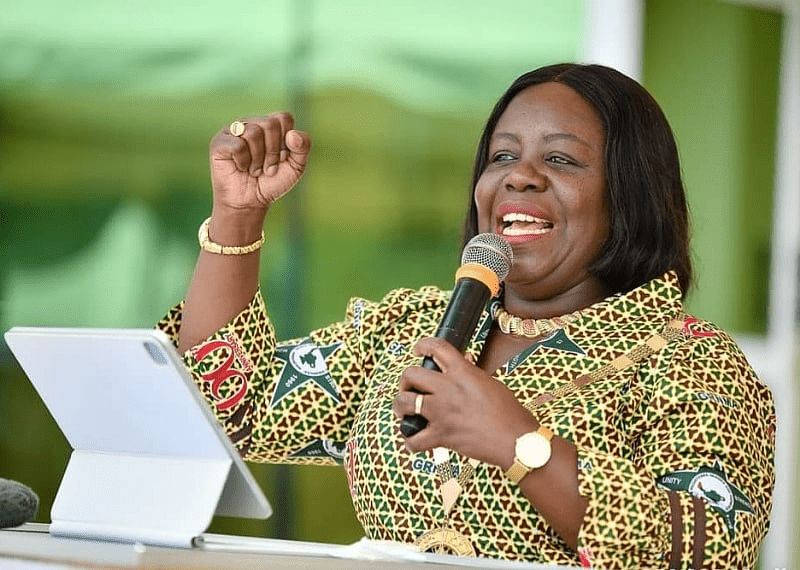
Ghana’s petroleum sector has experienced significant growth, particularly since the discovery of oil in commercial quantities in 2007 though oil production begun the last quarter of 2010.
Revenue from the oil and gas sector from January 2011 to December 2024 accumulate to US$10.69billion, with 2024 marking the second highest annual revenue (US$1.3 billion) recorded.
However, despite the revenue growth in early 2024, oil production has continued to decline spanning a period of four years – from 66.9 million barrels in 2020 to 55.1 million barrels in 2021 down to 51.7 million barrels in 2022, and 48.25 million barrels in 2023.
With petroleum revenue being a critical component of Ghana’s public finances, supporting social programmes, infrastructure and economic growth there has been calls for investments in exploration date and regulatory reforms to attract fresh capital into the sector.
But delivering a public lecture at the Kwame Nkrumah University of Science and Technology organised by the College of Engineering, Chairman and Managing Director of MODEC Production Services Ghana JV Limited, Theophilus Ahwireng explained that the country can acquire more value from its petroleum resources beyond the fiscal elements.
“The discipline to adhere to the policies, legislations, and guidelines is key, and that is one area we can lose a lot of value as a country. There is nothing wrong with the fiscal regime in Ghana, what the industry wants is the predictability of the regulatory regime. If you pass 2, 3, 4 legislations in one year, you are simply telling an oil and gas investor that I don’t need you.
“Again, getting the right expertise comes with more value because you can argue and settle on what is right. Also, the quality of decisions we make is important for the nation to derive the value it requires. The West African gas pipeline project is a typical example of how our leaders can think outside the box and create value from petroleum resource”, Mr Ahwireng stated.
For the petroleum expert, being prudent in the business will enable the country use minimum resources in the extraction process which will translate into cutting down the cost of production.
The former Acting Chief Executive Officer of the Petroleum Commission is of the view that “the revenue we may get from fiscal, if we put the greater impact and all the optimization along the value change, time has proven that we can get more value from these value creation and value change optimization than fiscal incentives”.

The Pro Vice Chancellor of KNUST, Professor David Asamoah added that beyond the conventional focus on taxation, royalties and revenue sharing models, it is imperative to explore value addition, local content development, technological advancement, environmental sustainability, and long-term economic diversification.
“Maximizing the benefits of petroleum resources demands strategic investments in research, human capital and innovation to ensure that we do not only extract value but also sustain it for future generations,” he said.
The Public Lecture was on the theme “Capturing the Optimum Value of Petroleum Resources; Looking Beyond Fiscal Elements.”
The post Optimizing value from Ghana’s petroleum resources: The quality of decisions is key – Expert first appeared on 3News.
Read Full Story


















Facebook
Twitter
Pinterest
Instagram
Google+
YouTube
LinkedIn
RSS